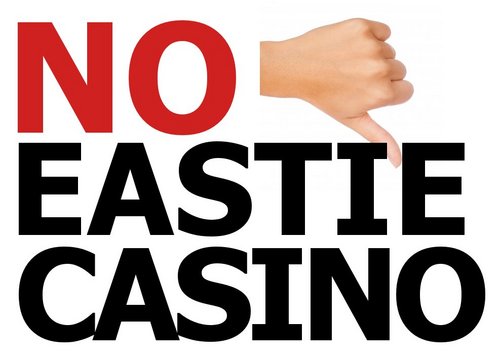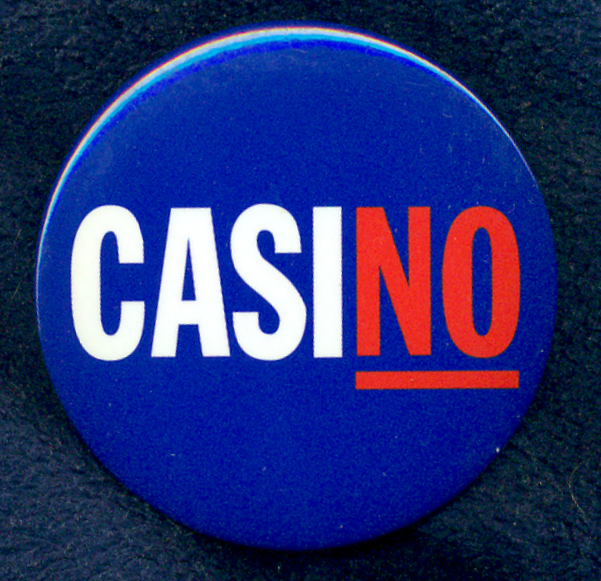Mass. casino competition would cut NH income
By NORMA LOVE
Associated Press / April 30, 2013
CONCORD, N.H. (AP) — A think tank estimates that a planned casino in the Boston area would reduce revenues New Hampshire would receive by more than a third from a casino built on its border near Massachusetts — if New Hampshire approves a gambling house and if one is built.
It remains unclear what if any profit New Hampshire would see if it legalizes a casino. Revenue estimates have ranged from a possible loss when social costs are counted to $135 million in 2017 if 5,000 video slot terminals are operating.
Given that Massachusetts is preparing to license three resort casinos and one slots parlor, New Hampshire officials are considering how that might affect any future casino activity in the state.
A Senate bill would require a minimum investment of $425 million, but the casino license holder could deduct the $80 million license cost and other costs. The bill allows up to 5,000 video slot machines and would authorize 150 table games. The House is expected to vote on the bill at the end of May.
Steve Norton, executive director of the New Hampshire Center for Public Policy Studies, said Tuesday that New Hampshire’s income from building a casino at Rockingham Park race track in Salem, N.H., would drop about 36 percent if a comparable casino is built in Massachusetts.
Norton said a slots facility with 1,000 terminals in Worcester, Mass., would have only a marginal impact on a New Hampshire casino because of its small size and distance from the Salem facility.
The state’s profit would drop 45 percent, Norton told a special joint House subcommittee examining a Senate casino bill, if the Massachusetts casino is three times as attractive as the proposed New Hampshire facility.
Norton said construction and other costs are much higher in Massachusetts, making it possible to build an equally attractive facility in New Hampshire for less money. He said Wynn Resorts has proposed spending $1.2 billion on a resort casino in Everett, Mass., but the company faces high labor costs and potential environmental issues at the proposed site.
‘‘It strikes us that $1.2 billion doesn’t buy you a facility three times as attractive’’ as what is proposed by the Senate legislation, Norton said.
Norton based his estimates on a $300 million casino with 3,000 terminals. He did not factor income from table games into his calculations.
The joint House Finance and Ways and Means committees formed three sub-panels to consider revenues from a casino, necessary regulations and its impact on the community and state. The sub-panels are to report to the joint committee next week.
The Senate passed the bill in March. The House has never passed a casino bill, but Gov. Maggie Hassan supports a single casino and included the $80 million license fee in her budget.
The House did not include the money in the budget it passed in early April and the Senate is not expected to support a 30 cent increase in the cigarette tax favored by Hassan and the House to pay for state spending. The Senate won’t include the gambling license income in its budget unless the House passes the bill. If the House kills it, the two will negotiate in June a compromise and many in the House are afraid the Senate will demand cuts without the gambling revenue.





















